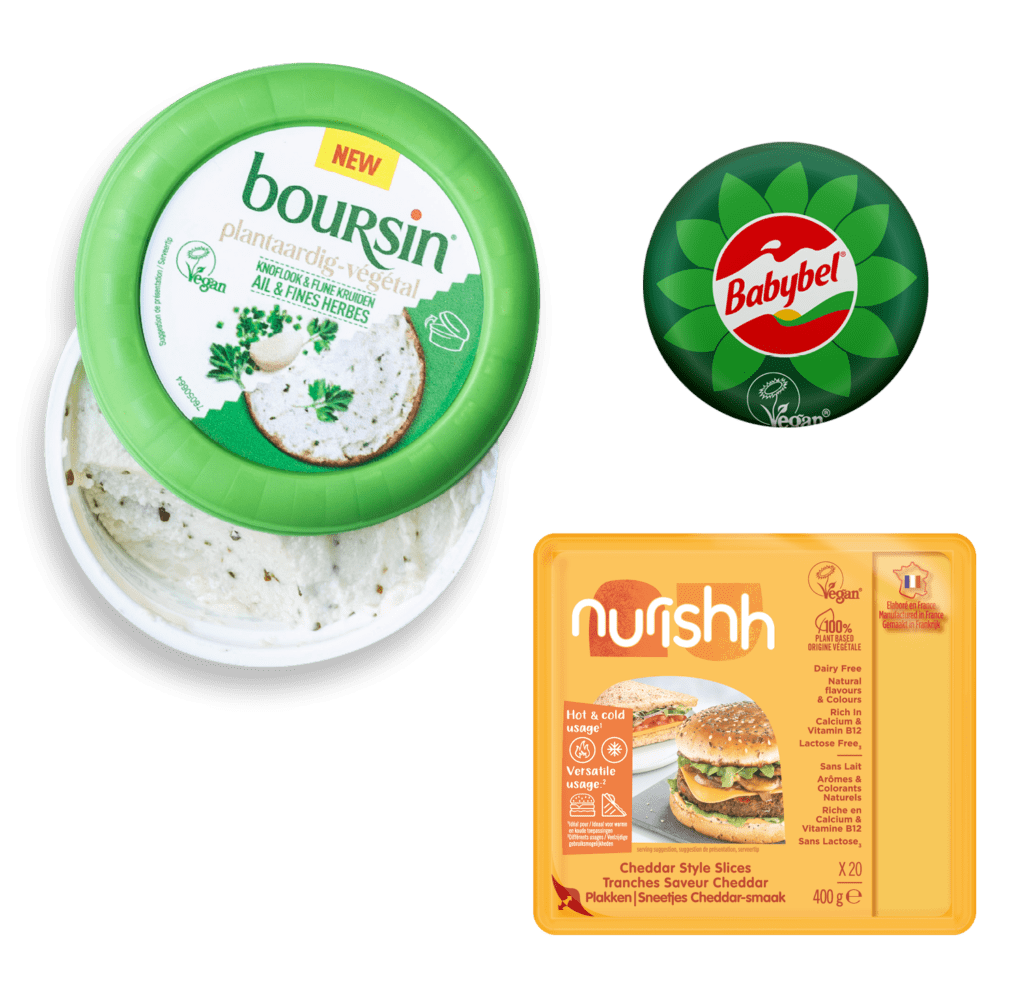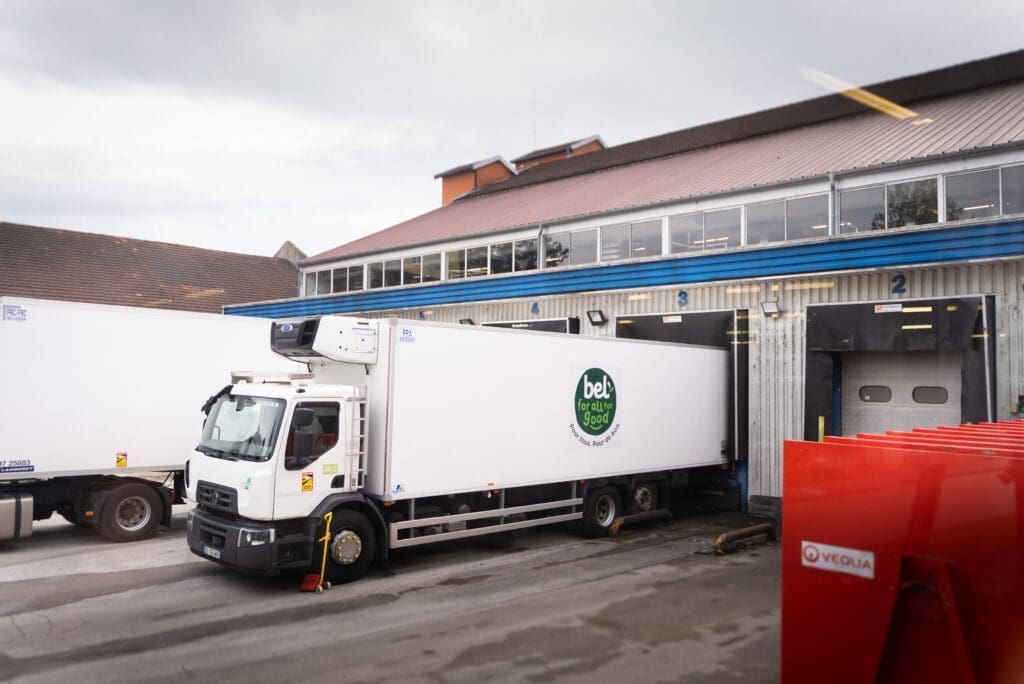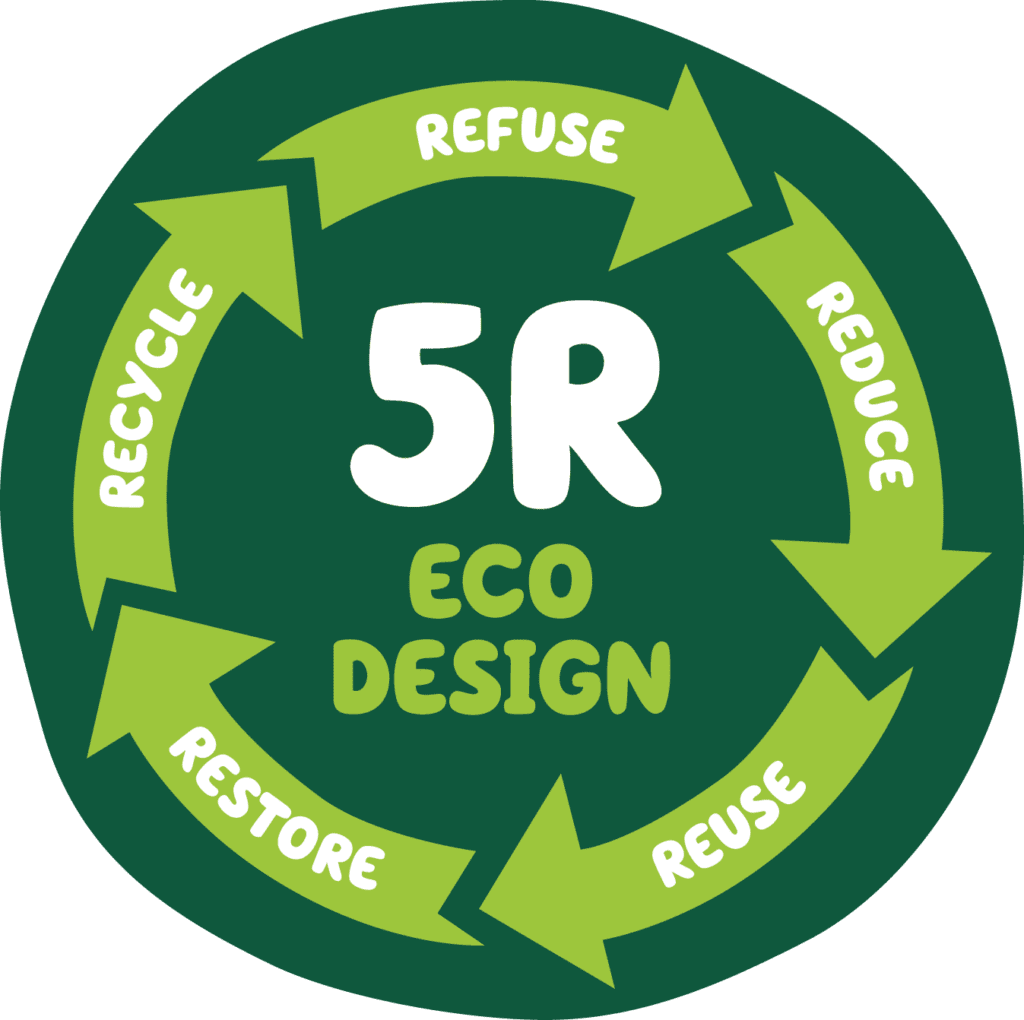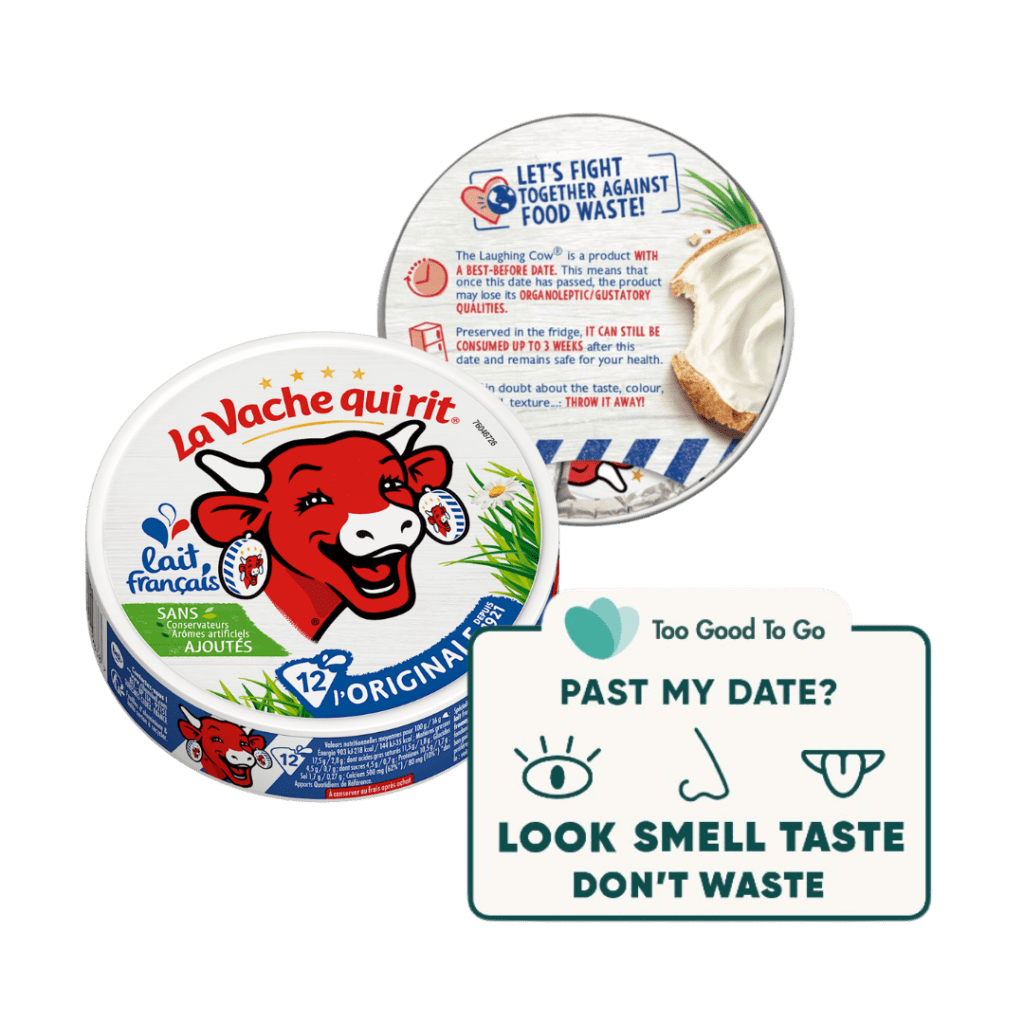Today, we have set ourselves the ambitious target of reducing our net greenhouse gas (GHG) emissions by a quarter, across our entire value chain, by 2035 (a target validated by the Science-Based Targets initiative, in line with the +1.5°C trajectory that will enable us to contribute to achieving the objectives of the Paris Agreement) and integrating carbon as a tool for steering our activities.
Fighting for the planet
In February 2022, the Bel Group announced that it was stepping up its carbon reduction target to help limit global warming to below +1.5°C.

Working with our partner farmers
Bel has been working for many years to reduce its carbon footprint throughout its value chain, and works hand in hand with its milk producers to develop more sustainable farming practices. In 2023, the Group revised its Upstream Dairy Charter based on three key pillars:
- Farmers/partners
- Animal welfare
- Regenerative agriculture
All the initiatives implemented under these pillars contribute to reducing the carbon footprint of our upstream dairy business, which aims to cut GHG emissions by 50% by 2035 compared with 2017 (CO2 eq kg intensity / kg of standardised milk).
The Group has announced new commitments and initiatives:
- 100% of milk and apples from regenerative agriculture by 2030.
- Voluntary deployment in Slovakia and France of the Bovaer® feed supplement to reduce enteric methane emissions from cows.
As part of our Upstream Dairy Charter, developed in partnership with WWF France, we encourage milk producers to limit the environmental impact of their activities: promotion of grazing in countries with traditional grazing practices, use of local animal feed, development of carbon assessments on farms, raising awareness of water resource management, pilot projects in agroforestry, etc.
Developping a complementary plant-based offer
At a time of sustained growth in the world’s population, which is set to rise to over 9 billion by 2050, we are also aware of the need to diversify and balance animal and plant food sources while preserving our planet’s resources, as recommended in the IPCC (Intergovernmental Panel on Climate Change) report.
The Group has also decided to move beyond its traditional cheese business, acquiring MOM, a specialist in fruit compotes, in 2016, and announcing its expansion into the vegetable sector with the launch of its Nurishh® brand in 2019. In 2021, a lifecycle analysis carried out with the consultancy firm Quantis showed that some of the plant-based products in the Nurishh® brand have a carbon impact four times lower than their dairy equivalent.
In 2022, the Group announced the launch of its plant-based Babybel® in the United States, the United Kingdom and Canada, preceded by the launch of plant-based Boursin® a few months earlier in the United States and France.
The Group aims to operate in three complementary areas: dairy, fruit and vegetables, with the aim of offering “healthier, more responsible food for all”.

Taking action at our production sites on transport
At our own industrial sites, we have set ambitious targets for reducing energy consumption and developing the use of energy from renewable sources. The Group is committed to reducing GHG emissions from its plants by 75.6% by 2035 compared with 2017 (validated SBTI target).
Since 2020, Bel has been working with STEF as part of the FRET 21 programme in France, a multi-stakeholder initiative designed to help reduce GHG emissions from downstream transport by means of various levers, in particular multimodal transport, truck filling rates and green fuels. This enabled us to reduce our emissions by 3.5% in 2022 (vs 2020).
STEF is our number 1 partner in Europe. It was therefore natural for us to come together to identify action plans for reducing our impact. We have identified a number of areas for improvement, ranging from pallet optimisation to truck driving practices. This has been put into practice by our joint commitment to the Lean&Green programme, reducing our CO2 emissions in 2023 (vs 2020) by 30% in Portugal and 20% in Spain.


Acting on our packaging
Since our impact does not stop at the manufacturing stage, we are seeking to reduce the impact of packaging, combat food waste and actively contribute to a circular economy. For this reason, the Group adopts an eco-design approach throughout the lifecycle of its products in order to strike the right balance between the many benefits of the single portion, including the fight against food waste, and sustainable packaging management.
- “Reject” unnecessary elements and waste;
- “Reduce” the use of materials and food waste;
- “Reuse” as much as possible and redirect waste to human or animal consumption;
- “Restore” resources by using recycled or renewable materials;
- “Recycle” packaging.
Fighting against food waste
At present, 40% of the food we produce is never eaten, with major social, economic and environmental repercussions. This food waste generates 10% of total greenhouse gas emissions from human activity.
As part of a circular economy approach, the Bel group is committed to reducing food loss and waste throughout its value chain. The Group’s signature single-serving format ensures optimal preservation and provides consumers with just the right amount. In collaboration with Too Good To Go, Bel is raising consumer awareness of the ‘best before’ date to avoid waste.
In addition, the Group has joined the 10x20x30 initiative, which aims to halve food waste in its operations by 2030 (vs. 2021). Bel is aiming for zero destruction of edible products and 100% recovery of food waste if destruction is unavoidable.

